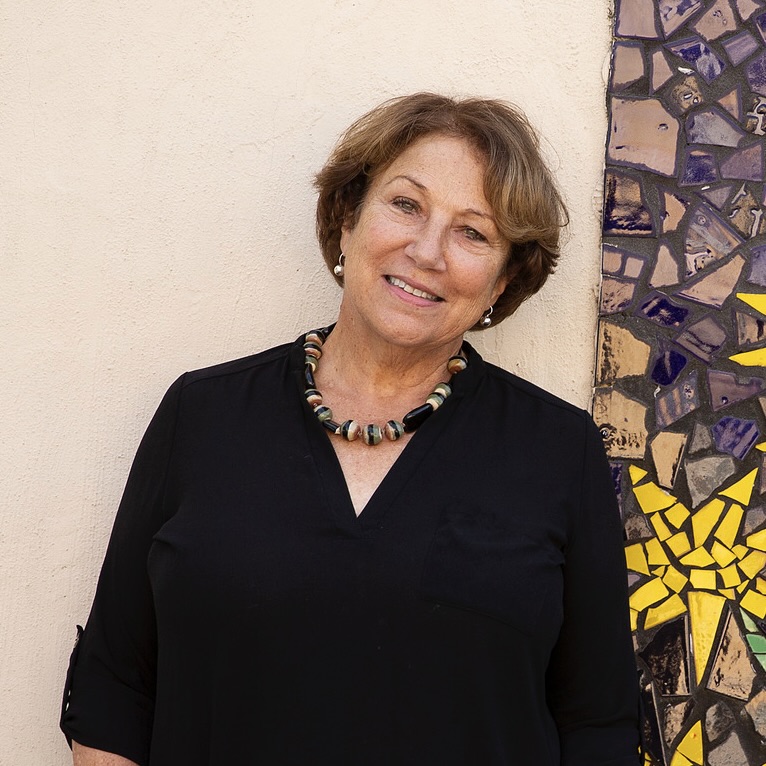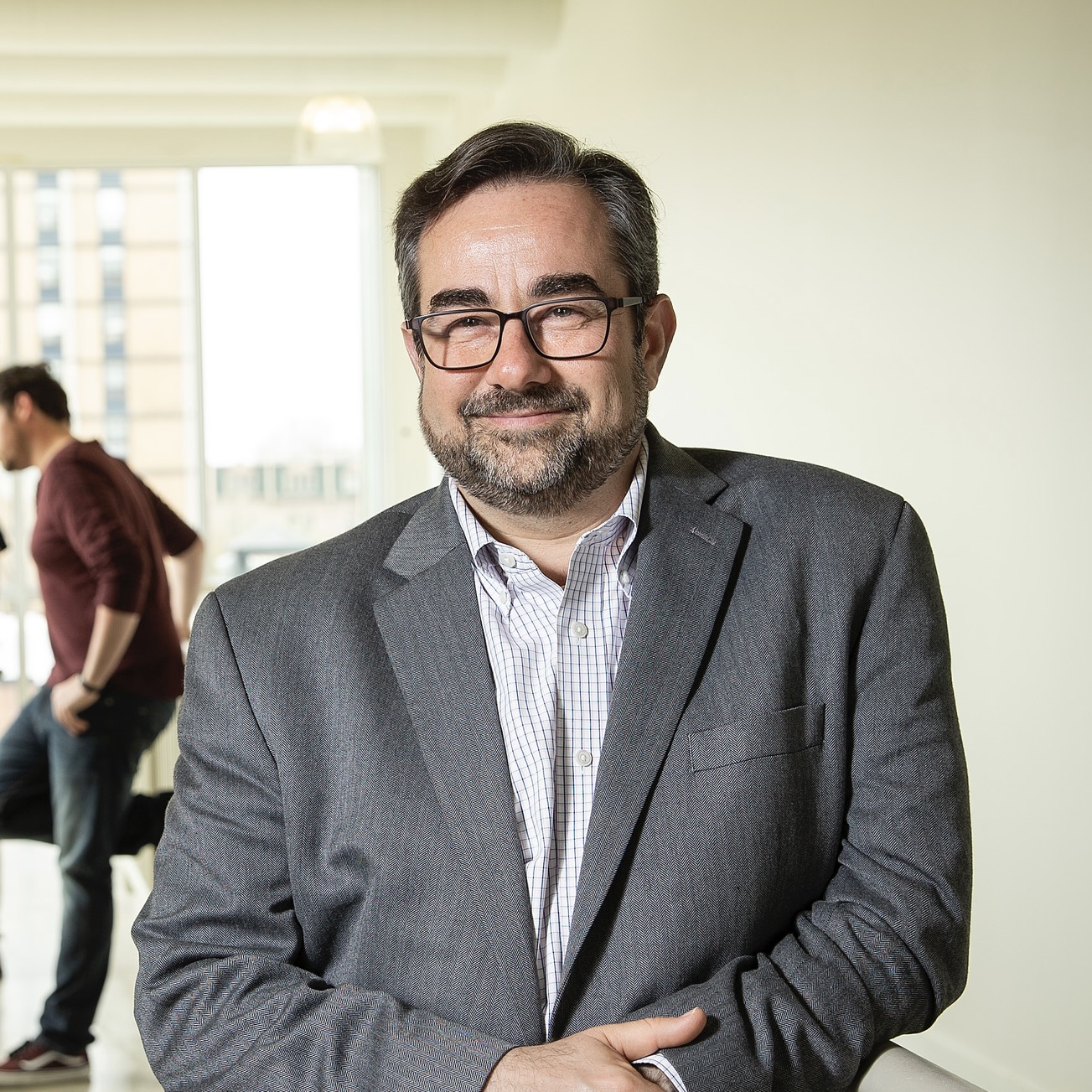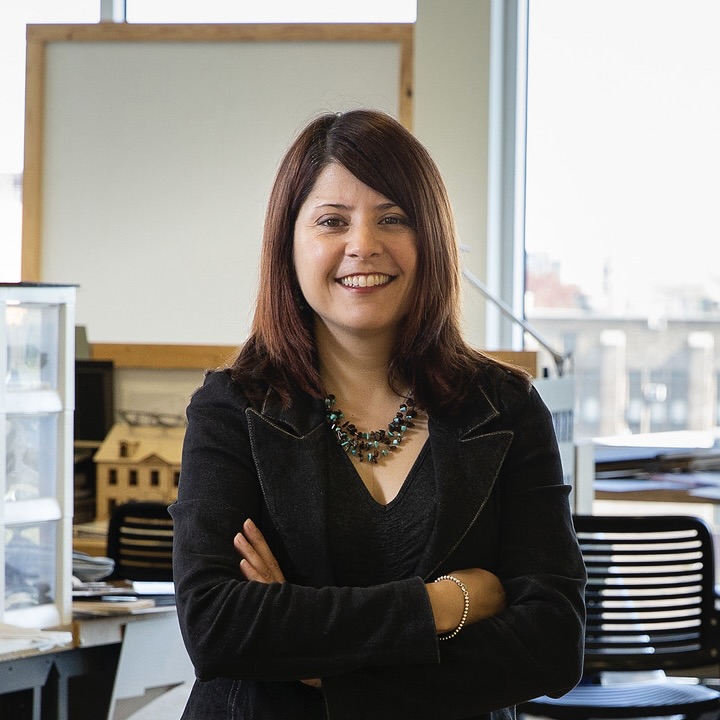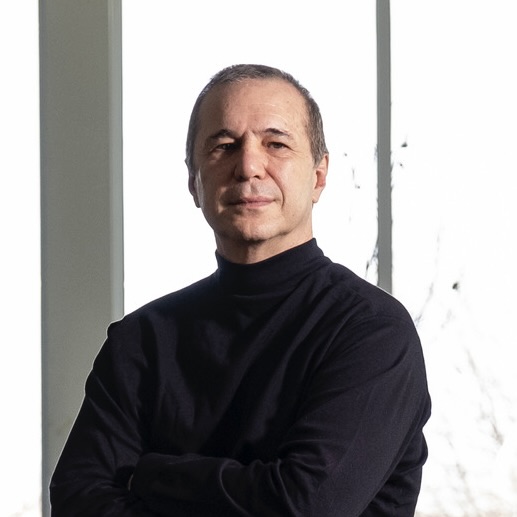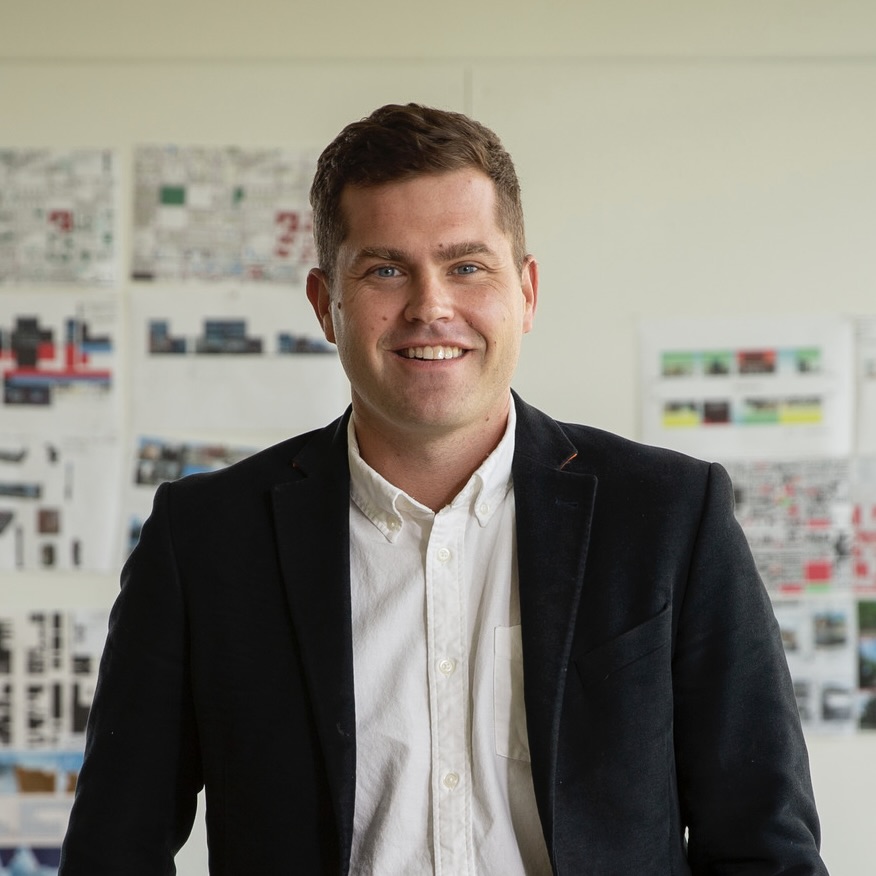The Urban Workshop, formed in 2003 by Architecture and Environmental Design faculty at Tyler, is an interdisciplinary social impact design collaborative that engages underserved communities and mission-driven organizations in creating environments that are beautiful, just and sustainable.

Where theory connects with lived experience
As a university-based community design center, the award-winning program brings students together with community partners to collaborate in addressing real-world issues and problems. Our process is human-centered, critically thoughtful, and action-oriented, building on Tyler’s disciplinary expertise and the aspirations and imagination of community partners.
Community-Based Learning + Practice
Students discover a framework for community-based learning and a model of ethically driven professional practice.
Community partners benefit from an interconnected and holistically conceived solutions. Together, we research and plan neighborhood space, design buildings and landscapes, and make public art.
- We offer a collaborative academy-community practice in urban design, research, architecture, and art-making projects for underserved neighborhoods and organizations.
- We create curricular opportunities for students to deepen their creative education through unique interdisciplinary and community-based experience.
- We advance knowledge in healthy and sustainable urban place-making.
Associated Tyler Faculty
Academic and Professional Collaborators
- Rowan University
- Jefferson University
- University of Pennsylvania
- University-Community Collaborative of Philadelphia
- JacobsWyper Architects
- WellsAppelSikora Landscape Architects
Funding
Urban Workshop is supported by both external project grants and grants from the Temple University Office of Research.
External funding has been provided by the National Endowment for the Arts, U.S. Environmental Protection Agency, Pew Center for Arts & Heritage, Wachovia Regional Foundation, U.S. Department of Housing and Urban Development, U.S. Department of Education, John and Kira’s Chocolates, The Village of Arts and Humanities, and the Norris Square Civic Association.
Contact
Sally Harrison - sally.harrison@temple.edu or 215.850.4433
Director and Professor of Architecture

